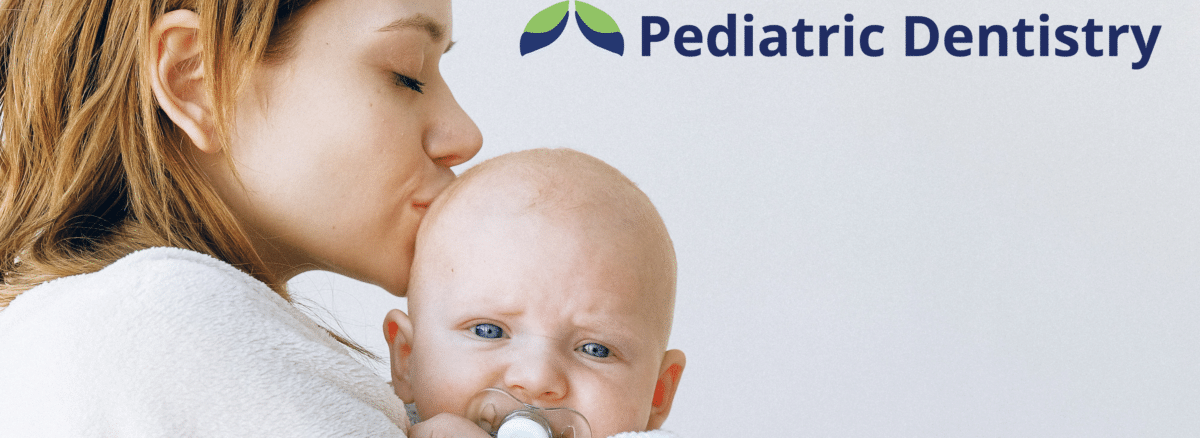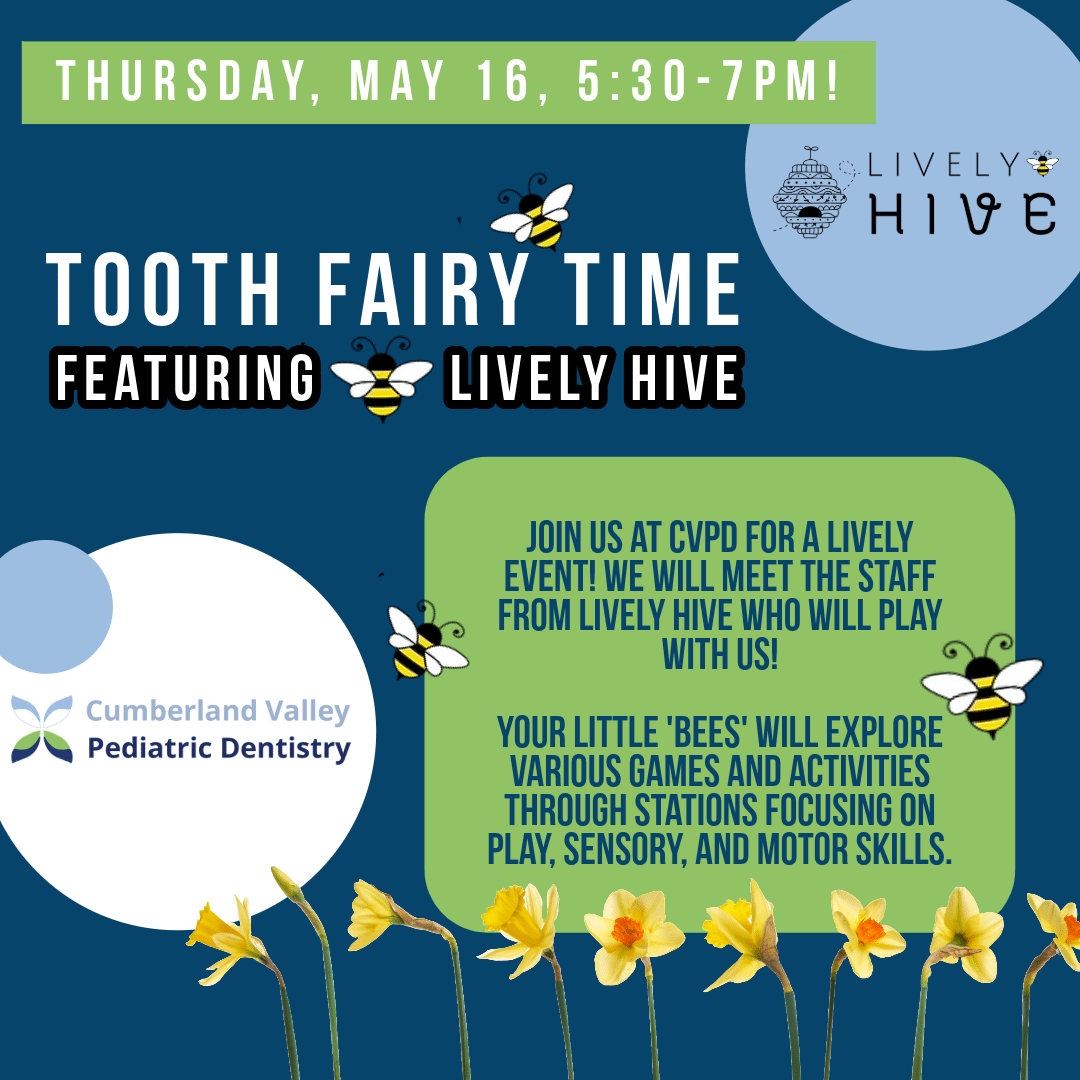Unfortunately, there is a wide range of “normal” for babies to get their first tooth! Some babies will get a tooth as early as 3 or 4 months, and others may not have a tooth until after their first birthday. Most children will have all of their baby teeth by 3 years of age. It can be hard to watch your baby suffer through that uncomfortable teething stage. Although some babies may experience very few or even no teething symptoms or discomfort, if your child is feeling irritable or looks to be in pain, read on for some tips on how to soothe a teething baby.
Signs of Teething
- Look at their gums; if they are red and swollen, then a tooth is coming! This is actually the only reliable symptom across the board for the majority of kids.
- Increased biting or sucking; they may want to chew on more toys than normal
- Irritable; especially the day or two before the tooth erupts
- Disrupted sleep; maybe a night or two with some extra wakings are your child’s tell!
- Decreased appetite
- Ear pulling; this will relieve some of the pressure from their gums
- Rash around their mouth from extra drooling
- Mild fever known as “teething fever”
What are some safe teething remedies?
- Massaging their gums with your finger (the pressure helps)
- Cold spoon or chilled (not entirely frozen) teething ring can be soothing
- Cold washcloth (wet one end and stick it in the freezer for a little bit)
- Gnawing on a cold cucumber, carrot, or any other cool/hard food (but be mindful of choking hazards)
- Pacifiers
Teething should not be so painful that you cannot comfort your child. If your child is crying without any end in sight, then that could indicate something else is going on and you should consult with your physician! Teething pain should not require medical treatment. If your child is experiencing extreme pain or has a high fever, teething is probably not the cause and you should contact a medical professional.
Read “When Will My Child Get Teeth And How Do I Take Care Of Them?” for more information to help!


